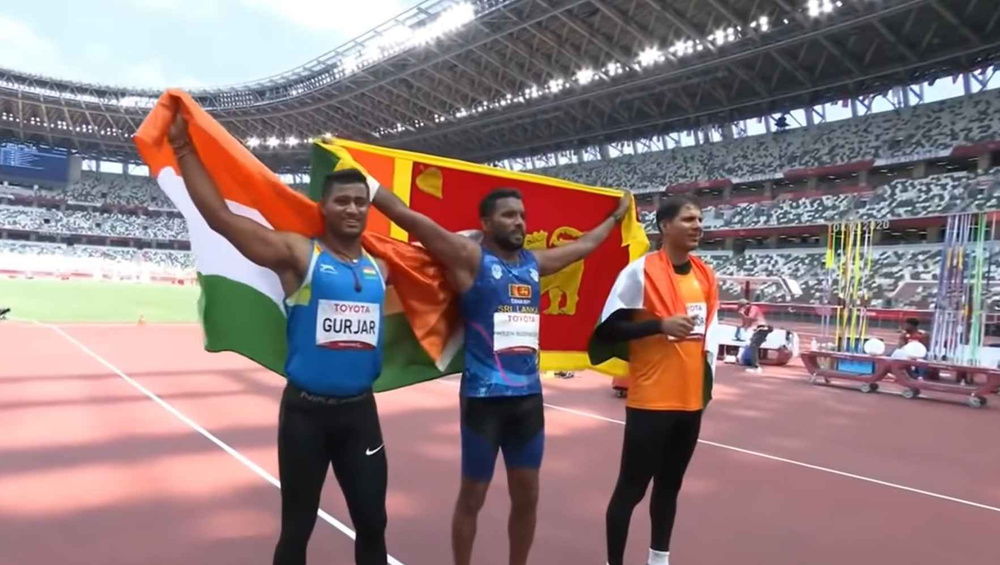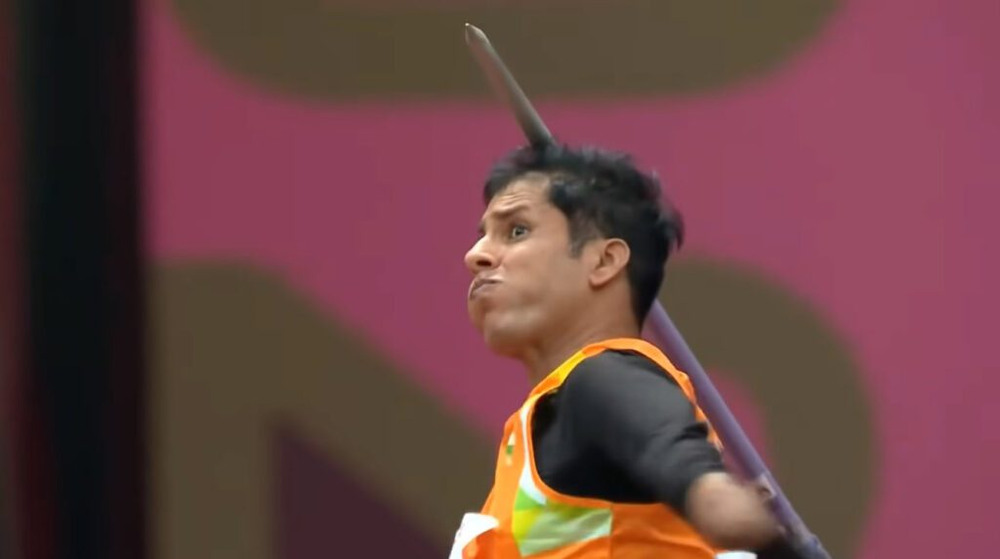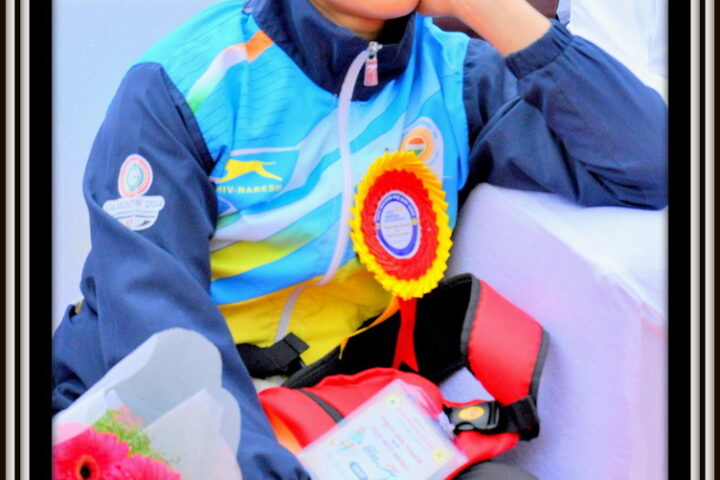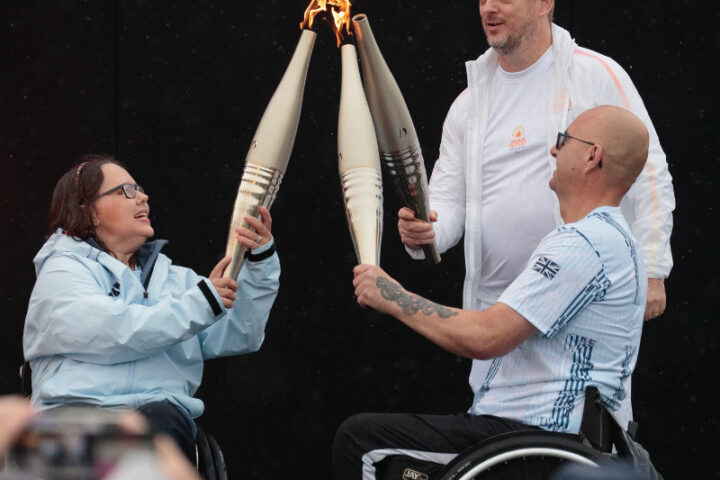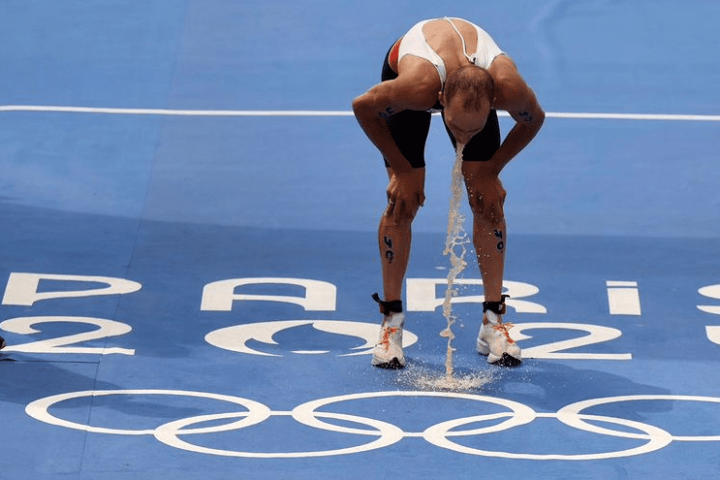In the Indian Paralympic scene, two exceptional individuals have made their mark—Devendra Jhajharia and Sundar Singh Gurjar. Born on June 10, 1981, and January 1, 1996, respectively, these spirited athletes have not just won medals but etched stories of triumph against all odds. Jhajharia, a javelin thrower in the F46 category, made history by becoming the first Indian Paralympian with two gold medals. His journey began in Athens 2004, where he secured gold and continued to Rio 2016, breaking his own record. At Tokyo 2021, Gurjar, another F46 javelin thrower, clinched bronze with a thrilling throw of 64.01 meters.
Jhajharia’s life extends beyond the track—from Indian Railways to the Rajasthan Forest Department. Awards like the Major Dhyan Chand Khel Ratna, FICCI Para-Sportsperson of the Year, Padma Shri, and Padma Bhushan adorn his journey. Family, including wife Manju and children Jiya and Kavyan, is the heart of his legacy.
Similar Posts:
Now, onto the vibrant Sundar Singh Gurjar, who embodies the Paralympic spirit. His bronze in Tokyo is more than a medal; it’s a testament to his indomitable will in the F46 classification. Gurjar’s throws aren’t just about distance; they symbolize the Paralympic journey—where challenges become stepping stones.

Gurjar’s versatility shines through records like the one set at the 16th Para Athletics National Championship. Beyond Tokyo, his commitment, recognized with the Arjuna Award, echoes in every throw. The Statesman applauds his triumph, but Gurjar’s achievement is beyond headlines; it’s a story of spontaneity and sports spirit.
As we celebrate Gurjar’s bronze, we’re not just cheering an athlete; we’re celebrating the beating heart of the Paralympics—a spirit that transforms every throw into a tale of human potential. In Paralympic lingo, Gurjar’s legacy invites spontaneity, proving that winning medals is about rewriting narratives and showing the human spirit can soar beyond limits.
